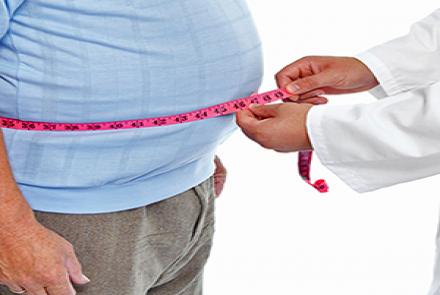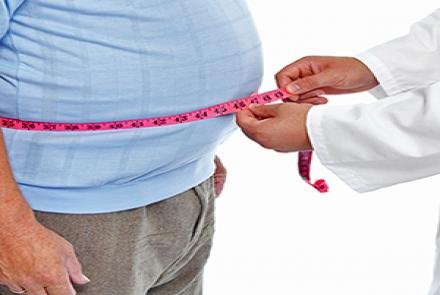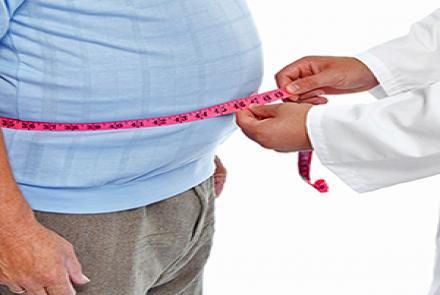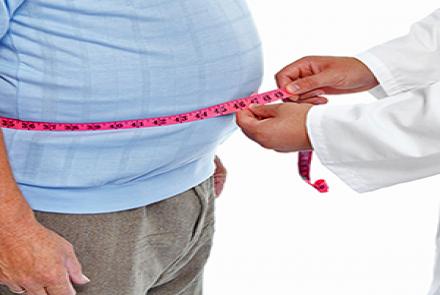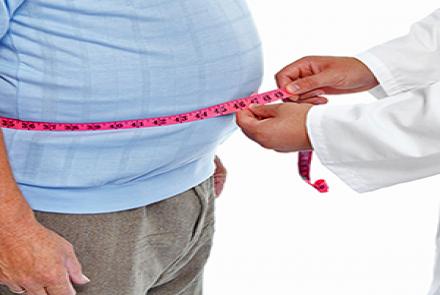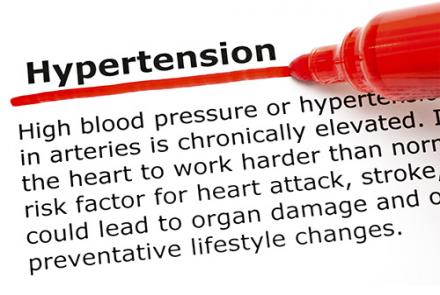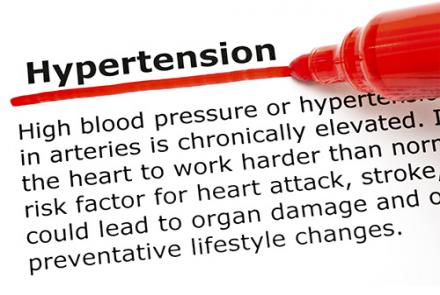The most simple and reliable method of diagnosing obesity is through measuring the BMI
Range of BMI:
Below 18.5: underweight
18.5-24.9: normal
25-29.9: overweight
30 or higher: obese
Categories of obesity
Obesity level l: BMI of 30-34.9
Obesity level ll: BMI of 35-39.9
Obesity level lll: BMI of 40 or higher, which some also call as "morbid" obesity
The Edmonton Scale
Obesity experts also use the Edmonton obesity staging system. It takes BMI a step further by relating it to your…
Latest Stories
- Types of Obesity There are multiple classifications of Obesity. I. Depending on the area of fat deposition, there are three forms of obesity Peripheral: Accumulation of excess fat in the hips, buttocks and thighs. Central: Accumulation of excess fat in the abdominal area. Combination of both peripheral and central obesity. Abdominal area is considered the most dangerous area for the accumulation of fat because it is closely located to the vital organs and their blood supply. II.…
- What are the signs and symptoms of obesity? Weight gain is the most common sign of obesity. Weight gain happens over time. Some ways that people know they have put on weight are: The early and simple sign is the clothing get tight and people go for larger sizes of clothes. Presence of extra fat around the waist. A higher than normal body mass index (BMI) Waist circumference and a higher reading on the weighing scale. It is important to keep an eye on these signs and symptoms and address…
- What are the causes of obesity? Consuming too many calories, particularly of fatty and sugary kind of foods. Some food habits like fructose – containing beverages interfere with lipid metabolism causing lipid accumulation (hypertriglyceridemia) and fatty liver which further leads to diabetes and obesity. Leading a sedentary lifestyle which does not promote to burn off the fats. Not sleeping enough; sleep deprivation leads to increase in appetite through elevating appetite…
- The word "obesity" literally means too much body fat which might eventually have adverse effects on their health. Whether a person is obese or not is generally based on the body mass index (BMI) and the waist circumference. Body mass is divided by the square of the body height, and is universally expressed in units of kg/m2. The WHO definition is BMI greater than or equal to 25 is overweight BMI greater than or equal to 30 is obesity. The waist circumference >102 cm (male) and >88…
- Living with Parkinson’s can be difficult most of the time but you can help change that by improving your lifestyle. Here are 12 tips on managing the middle stage of Parkinson's Disease how. 1. Stay Healthy Staying healthy is extremely important, as good health is the key to a better and easier life with Parkinson’s. Here are some ways in which you can stay healthy: 2. Exercise Exercising helps to release happy hormones called ‘endorphins’. Endorphins not only help to get you in a good mood, but…
- There are several treatment options for controlling leukemia based on status and severity. Several prognostic features, such as the patient's age and overall health are taken into consideration before deciding a particular treatment regimen. The five major approaches to the treatment of leukemia are: Radiation Therapy Chemotherapy Immunotherapy Targeted therapy Stem Cell Transplantation Surgery (in specific cases only) Radition Therapy Radiation therapy is one of the many tools used to…
- In addition to medical treatment of hypertension, you also need to make lifestyle changes to manage your Blood Pressure: Food and Nutrition A healthy eating plan can both reduce the risk of developing high blood pressure and lower an already elevated blood pressure. For an overall healthy eating plan, consider the DASH (Dietary Approaches to Stop Hypertension) diet. The DASH eating plan includes whole grains, poultry, fish and nuts and has reduced amount of salt, fats, red meat, sweets and…
- Can hypertension be prevented Once high blood pressure develops, it usually lasts a lifetime and has to be managed with medication. You can try to prevent high blood pressure from developing or delay its onset by addressing the risk factors of Hypertension taking the following steps: Eat healthily - For an overall healthy eating plan, follow the DASH (Dietary Approaches to Stop Hypertension) diet. The DASH eating plan includes whole grains, poultry, fish and nuts and has reduced amount of…

